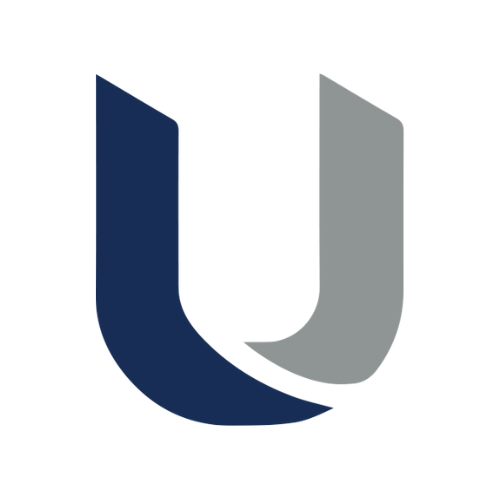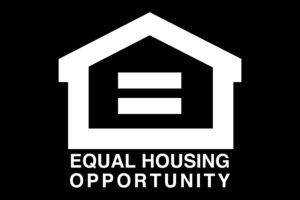When considering home financing options, FHA loans often come into the picture. The Federal Housing Administration (FHA) offers loans that are designed to help individuals and families achieve their dream of homeownership. However, like any financial product, FHA loans have their own set of advantages and disadvantages. In this article, we will provide you with a comprehensive overview of the pros and cons of FHA loans to help you make an informed decision.
Pros of FHA Loans
Low Down Payment: One of the major advantages of FHA loans is the low down payment requirement. Borrowers can qualify for an FHA loan with a down payment as low as 3.5% of the purchase price. This makes homeownership more accessible, especially for first-time buyers or those with limited funds for a down payment.
Flexible Credit Requirements: FHA loans are known for their more lenient credit requirements compared to conventional loans. Borrowers with less-than-perfect credit scores may still be eligible for an FHA loan, making it an attractive option for individuals who may have difficulty qualifying for a conventional loan.
Assistance for First-Time Buyers: The FHA offers specific programs and resources to assist first-time homebuyers. These programs provide educational resources, counseling, and down payment assistance, making it easier for first-time buyers to navigate the homebuying process.
Streamlined Refinancing: FHA loans offer streamlined refinancing options, known as FHA streamline refinances. This process allows borrowers to refinance their existing FHA loan with minimal documentation and paperwork, resulting in a faster and more efficient refinancing experience.
Competitive Interest Rates: FHA loans often come with competitive interest rates, which can help borrowers save money over the life of the loan. This can make homeownership more affordable and attractive for individuals seeking long-term stability.
Cons of FHA Loans
Mortgage Insurance Premium (MIP): One of the drawbacks of FHA loans is the requirement for Mortgage Insurance Premium (MIP). Borrowers are required to pay an upfront MIP fee at closing and an annual MIP fee for the duration of the loan. The MIP adds to the overall cost of the loan and can impact monthly mortgage payments.
Property Restrictions: FHA loans come with specific property requirements. The property must meet certain standards set by the FHA, including safety, security, and livability criteria. These requirements may limit the types of properties you can purchase, potentially narrowing your options.
Funding Fee: In addition to the MIP, FHA loans also require borrowers to pay a funding fee. The funding fee is a percentage of the loan amount and helps fund the FHA loan program. While this fee can be financed into the loan, it adds to the overall cost and should be considered when evaluating the affordability of an FHA loan.
Conclusion
FHA loans offer several advantages, such as low down payment requirements, flexible credit guidelines, and assistance programs for first-time buyers. However, they also have some drawbacks, including the need for Mortgage Insurance Premium, property restrictions, and loan limits. It’s important to carefully consider your financial situation and long-term homeownership goals when deciding if an FHA loan is the right choice for you. Assess your ability to manage the upfront and ongoing costs associated with an FHA loan, such as the MIP and funding fee.
If you have a limited down payment, less-than-perfect credit, or are a first-time homebuyer, an FHA loan can be a viable option to achieve homeownership. However, if you have a higher credit score, a larger down payment, or are looking to purchase a higher-priced property, exploring conventional loan options may provide more flexibility and potentially lower costs in the long run.
It’s crucial to consult with a mortgage professional who can guide you through the decision-making process. They can assess your specific financial situation, explain the pros and cons of different loan options, and help you determine the most suitable choice for your homeownership journey.



